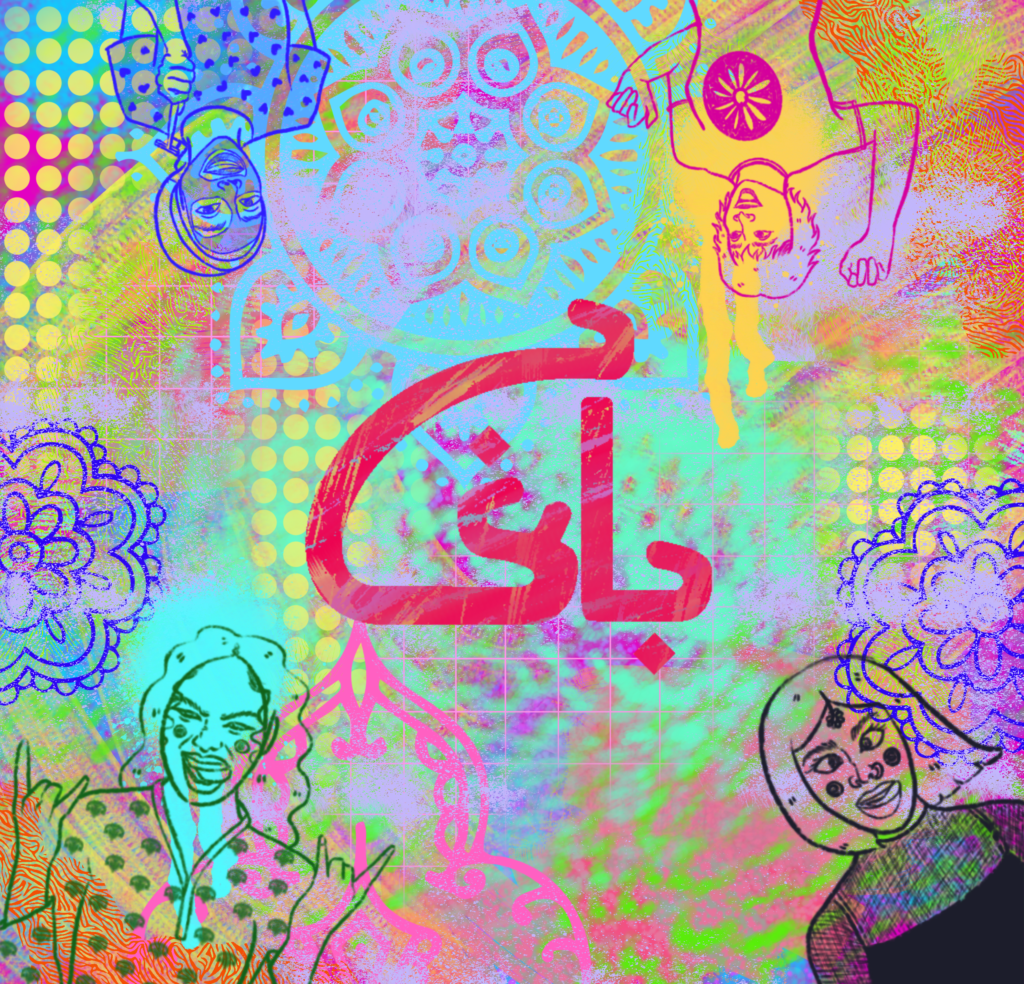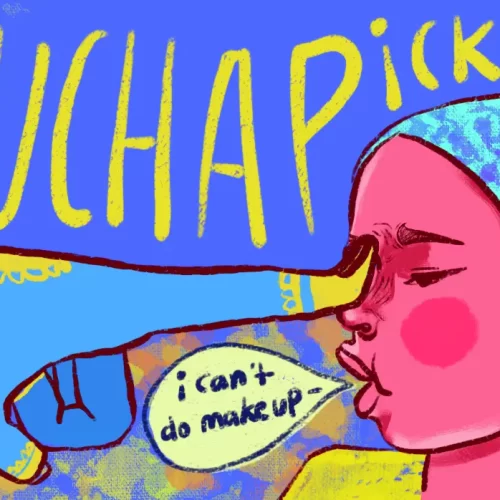Along with avocado toast and TikTok dances, Gen Z is also responsible for the strange social phenomenon known as “Pick Me” culture. This word, which is frequently used in jest, has caused young women to engage in needless hatred and vital conversations about self-respect. We’ll explore the idea of a Pick Me in this post, along with its history, methods of propagation, and potential pitfalls on social media.
The Pick Me Phenomenon:
What exactly is a Pick Me, then? Imagine someone who will stop at nothing to win over someone of the other gender, even if it means going to great measures to be the “ideal” partner. A Pick Me is typically thought of as someone who minimises their own beliefs and passions in order to fit the mould of what society considers to be a “desirable” woman.
History and Popularity:
The term “Pick Me” has its roots in the age-old battle between societal expectations and individuality. In the past, women have occasionally faced pressure to live up to specific standards in order to be viewed as socially or marriage-worthy. The Pick Me culture, which is spread through memes, tweets, and online discussions, is a result of the digital age’s constant flow of information and social comparison.
The Necessary Conversations:
At its core, the Pick Me phenomena has spurred crucial discussions on individualism, self-respect, and the significance of holding fast to one’s principles in the face of outside validation. This conversation is being used by young women to promote honesty and reinterpret social standards. It’s become a rallying cry to for ffemale independence, empowering women to accept their differences, interests, and viewpoints without looking to others for validation.
The Unnecessary Hate:
Though the Pick Me movement began as a criticism of uniformity, it has regrettably turned into a vehicle for needless hatred. Social media sites have become a haven for mockery because of how easily thoughts may be misinterpreted and magnified there. Rather of promoting empathy, some individuals abuse the idea to mock and blame other women for their own decisions.
Social media misuse:
Because of its fast-paced trends and addictive qualities, social media has made the Pick Me craze a tool for online abuse. People who show a desire for a committed relationship or who uphold traditional values may be called “Pick Me” by other users. The progress gained in reframing societal norms is hampered by this abuse, which maintains a poisonous environment where women feel criticised for their decisions.
Navigating the Pick Me Paradox:
It’s essential to handle the Pick Me conundrum with compassion and understanding as Gen Z continues to reshape cultural expectations. Let’s celebrate the variety of viewpoints and decisions held by young women and promote candid conversation rather than turning the term into a weapon. Unnecessary hostility should be replaced with productive discussions about individualism, self-worth, and the value of good relationships.
Originating from a desire to question social conventions, the Pick Me movement has turned into a double-edged sword. It has started important discussions about individualism and self-respect, but it has also turned into a place where needless hate can be found on social media. As we proceed to mould the story around the Pick Me phenomenon, let us endeavour to strike a balance that encourages comprehension, compassion, and acceptance among women in Generation Z.







